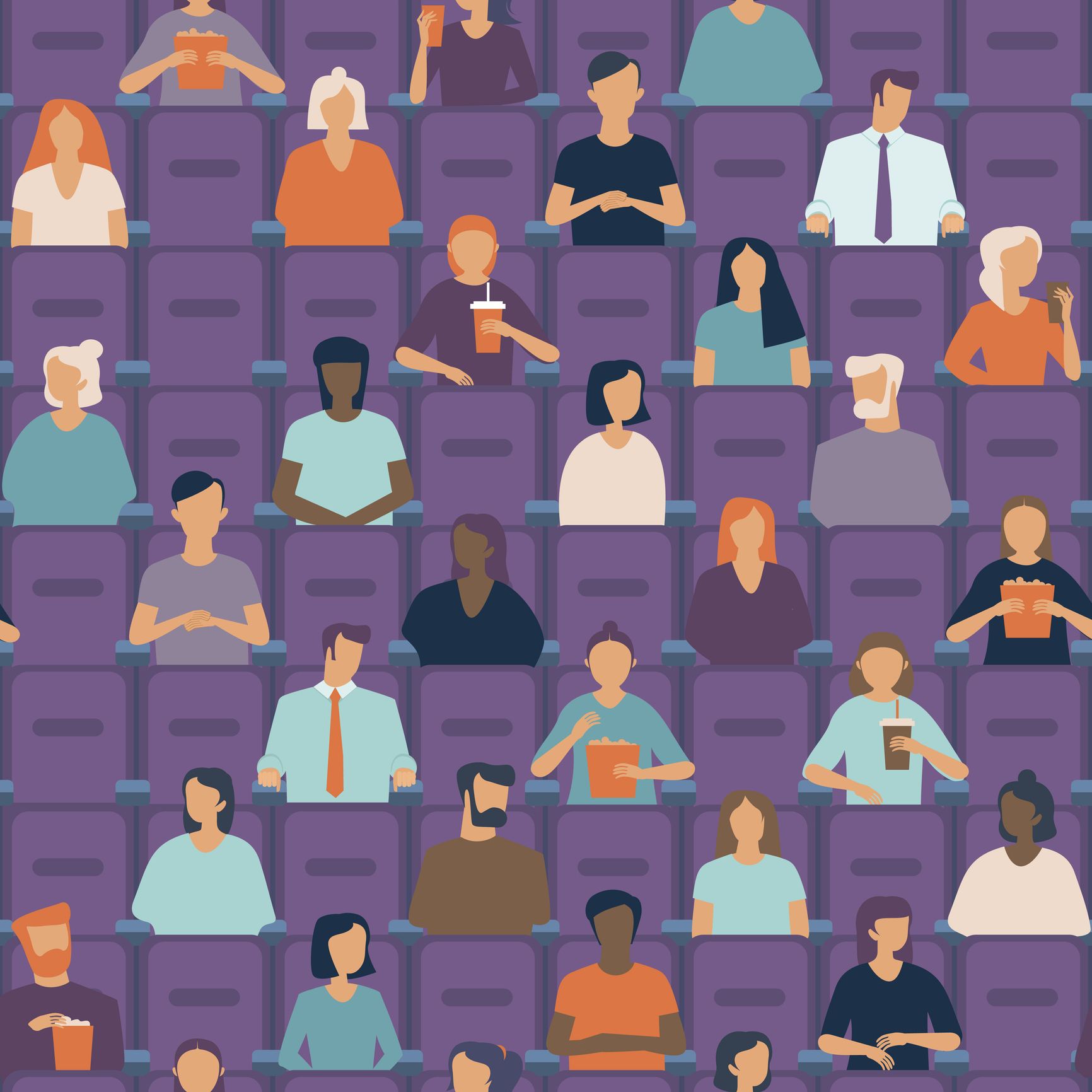if you are a woman, an
n95 mask won’t fit you as well as man. even less so, if you happen to be asian.a recent study published in the
journal anaesthesia found that 95 per cent of men passed fit tests on their masks, compared to 85 per cent of women. higher fit-pass rates were found in caucasians at 90 per cent, compared to asian people at 84 per cent. asian women had particularly low initial fit-pass rates, with an average of 60 per cent.a good fit is more important than the filter material of the mask, which is why healthcare workers often shave off facial hair to get the mask to properly seal to the skin and prevent droplets from getting in the sides.some other factors that affect how well a masks fit include age, weight, face length and width, lip length, nose length, and nose bridge width. there is no current data on the best mask depending on face length and width.adjusting the earloop straps and bending the nose wire so it creates a tight seal over the nose bridge can also help improve a mask’s fit.“satisfactory airborne protection will only be provided if the filtering facepiece respirators are properly fitted to the individual’s face, providing a tight facial seal,” says senior co-author professor britta von ungern-sternberg, from the perth children’s hospital and the university of western australia, where the study originated.“airborne protection is decreased in the presence of a leak as unfiltered air will be drawn inside the mask.”
fit checks good, fit tests better
while healthcare workers can check the fit of their mask by testing for air leaks using positive and negative pressure checks, the authors of the study say they are not a substitute for standardized fit tests that measure if a mask is worn correctly in a simulated work condition. fit tests, which
can cost between $50 and $100, also help identify the size and shape that fits each individual best. it’s a worthwhile expense, the researchers note, in relation to the costs of illness, sick leave and legal costs of infections acquired at the hospital.“the covid-19 pandemic has highlighted deficiencies of some healthcare facilities to protect their hcws in line with national and international recommendations and the requirement for formal fit-testing programmes appears to be particularly important,” the authors say.
dduong@postmedia.com |
@dianaduodon’t miss the latest on covid-19, reopening and life. subscribe to healthing’s daily newsletter coming out of covid.
 2 minute read
2 minute read



